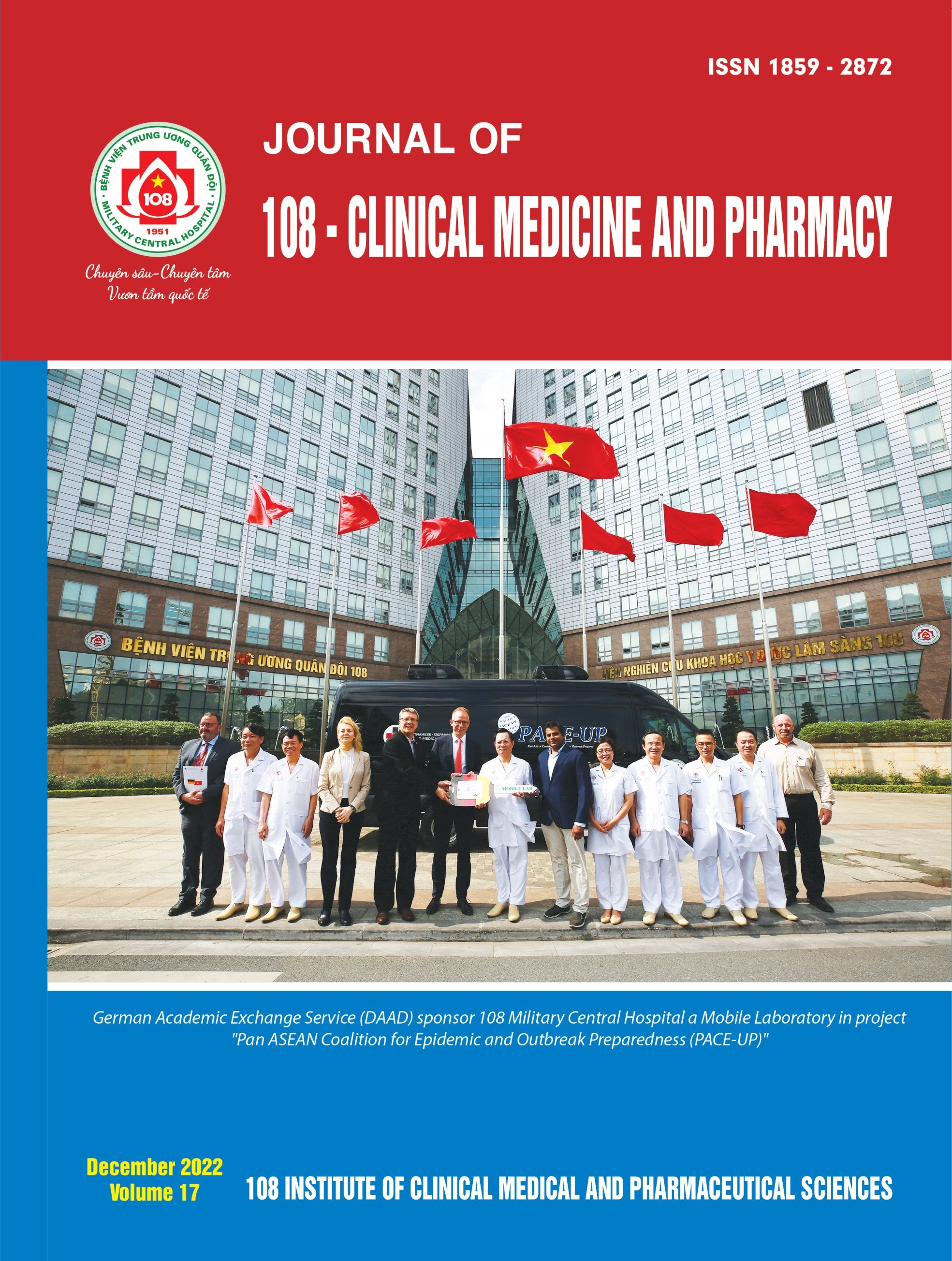Right ventricular function assessment by 3D echocardiography and 2D speckle-tracking imaging in acute pulmonary embolism
Main Article Content
Keywords
Abstract
Objective: To assess changes in right ventricular (RV) function parameters determined by three-dimensional (3D) echocardiography and two-dimensional (2D) speckle-tracking echocardiography in patients with acute pulmonary embolism without systemic hypotension, as compare to a control population. Subject and method: Fifty-seven intermediate-high risk pulmonary embolism patients were prospectively studied at the onset of the acute episode and after median follow-up periods of 30 days. A control group of age-and sex-matched subjects were selected. All patients and the controls underwent 2D and 3D transthoracic echocardiography within 24 hours of pulmonary embolism diagnosis and one month after hospital discharge. Tricuspid annular peak systolic velocity (s’), tricuspid annular plane systolic excursion (TAPSE), RV diameter, RV fractional area change (FAC), 3D RV ejection fraction (EF), 2D RV global strain and RV free wall strain were measured. Result: From Dec. 2019 to March 2022, fifty-seven patients with acute intermediate-high risk of early mortality PE were included. Mean age was 56 ± 14 years. Men accounted for 47.4% (27/57). Control group consisted of 34 subjects. Pulmonary embolism patients initially had RV dysfunction as assessed by 2D and 3D parameters: RV diameter: 29.3 ± 4.6mm; TAPSE: 14.6 (9.1-15.7) mm; FAC: 31.5 (30.5-39.9)%; 3DRVEFL 31.9 ± 7.7%; RVGS: -9.8 ± 3%, RVFWS: -8.9 ± 3.3%. At 30-day follow-up: s’, TAPSE, RV diameter, RV FAC were restored compared to the control group, systolic pulmonary artery pressures decreased significantly, right atrial pressure, also decreased significantly at follow-up, contrary to 3DRVEF and RV 2D global strain and free wall strain. Conclusion: After 1 month of anticoagulant therapy in patients with intermediate-high risk pulmonary embolism, RV function has not fully recovered as assessed by 3D RVEF and 2D strain imaging, while the traditional echocardiographic assessment could not detect this incomplete recovery. Further studies are needed to assess the prognostic role and implications of this residual 3DRVEF and 2D RV strain impairment after PE.
Article Details
References
2. Torbicki A, Perrier A, Konstantinides S, Agnelli G, Galie N, Pruszczyk P et al (2008) Task Force for the Diagnosis and Management of Acute Pulmonary Embolism of the European Society of Cardiology. Guidelines on the diagnosis and management of acute pulmonary embolism. Eur Heart J 29: 2276-2315.
3. Rudski LG, Lai WW, Afilalo J et al (2010) Guidelines for the echocardiographic assessment of the right heart in adults: A report from the American society of echocardiography. J Am Soc Echocardiogr 23:
685-713.
4. Lang RM, Badano LP, Mor-Avi V et al (2015) Recommendations for car- diac chamber quantification by echocardiography in adults: An update from the American Society of Echocardiography and the European Association of Cardiovascular Imaging. Eur Heart J Cardiovasc Imag 16: 233-270.
5. Van der Zwaan HB, Helbing WA, McGhie JS, Geleijnse ML, Luijnenburg SE, Roos-Hesselink JW, et al (2010) Clinical value of real-time three-dimensional echocardiography for right ventricular quantification in congenital heart disease: validation with cardiac magnetic resonance imaging. J Am Soc Echocardiogr 23: 134-140.
6. Descotes-Genon V, Chopard R, Morel M et al (2013) Comparison of right ventricular systolic function in patients with low risk and intermediate-to-high risk pulmonary embolism: A two-dimensional strain imaging study. Echocardiography 30: 301-308.
7. Konstantinides SV, Torbicki A, Agnelli G et al (2014) 2014 ESC guidelines on the diagnosis and management of acute pulmonary embolism. Eur Heart J 35(43): 3033-3069, 3069a-3069k. doi: 10.1093/eurheartj/ehu283.
8. Lopez-Candales A, Edelman K, Candales MD (2010) Right ventricular apical contractility in acute pulmonary embolism: The McConnell sign revisited. Echocardiography 27: 614-620.
9. Knight DS, Grasso AE, Quail MA et al (2015) Accuracy and reproducibility of right ventricular quantification in patients with pressure and volume overload using single-beat three-dimensional echocardiography. J Am Soc Echocardiogr 28: 363-374.
10. Vitarelli A, Mangieri E, Terzano C et al (2015) Three-dimensional echocar- diography and 2D-3D speckle-tracking imaging in chronic pulmonary hypertension: Diagnostic accuracy in detecting hemodynamic signs of right ventricular (RV) failure. J Am Heart Assoc 4: 001584.
11. Addetia K, Maffessanti F, Yamat M et al (2016) Three-dimensional echocardiography-based analysis of right ventricular shape in pulmonary arterial hypertension. Eur Heart J Cardiovasc Imag 17: 564-575.
12. Addetia K, Maffessanti F, Muraru D et al (2018) Morphologic analysis of the normal right ventricle using three-dimensional echocardiography-derived curvature indices. J Am Soc Echocardiogr 31:
614- 623.
13. Golpe R, Testa Fernandez A, Perez-de-Llano LA et al (2011) Long-term clinical outcome of patients with persistent right ventricle dysfunction or pulmonary hypertension after acute pulmonary embolism. Eur J Echocardiogr 12: 756-761.
 ISSN: 1859 - 2872
ISSN: 1859 - 2872
